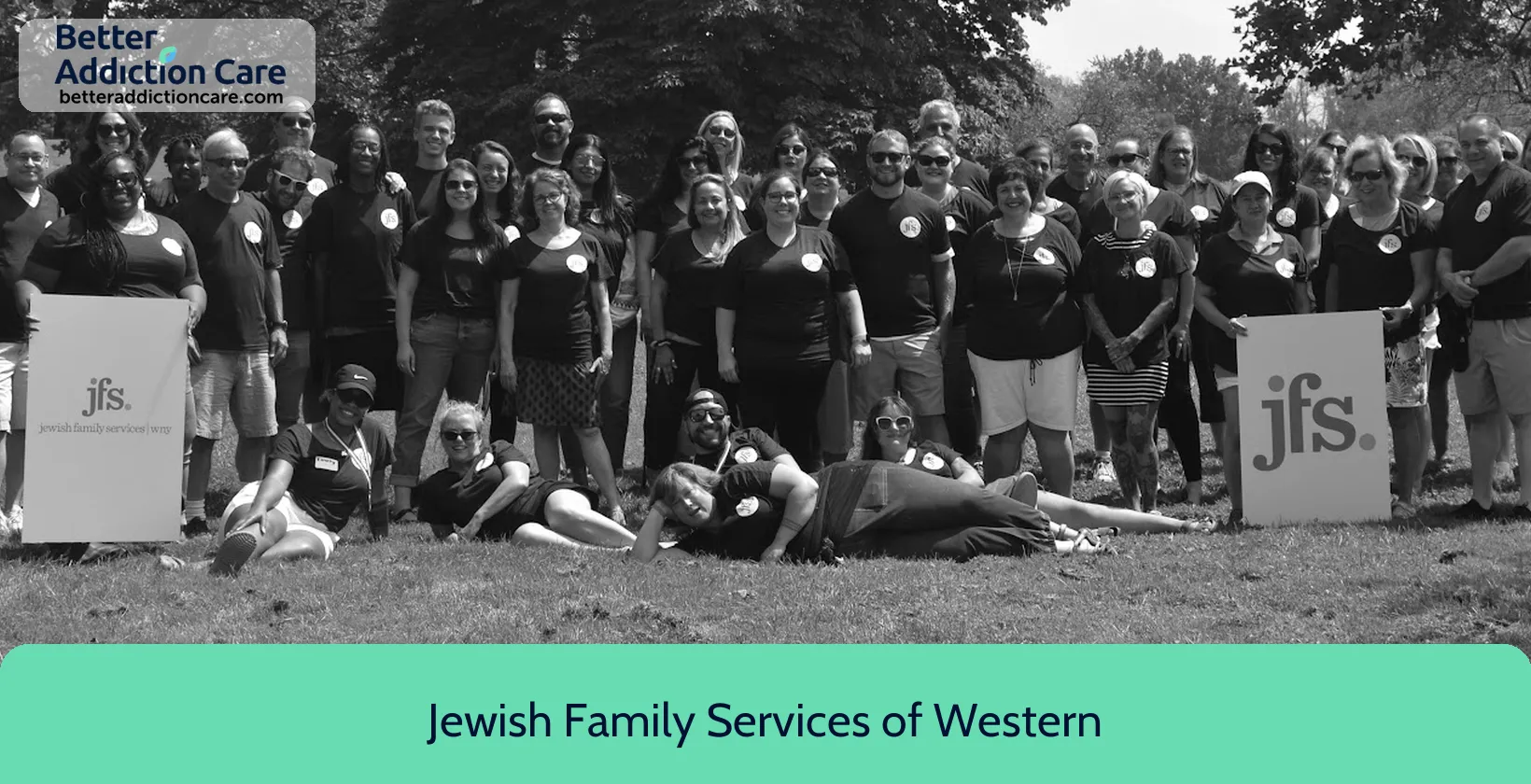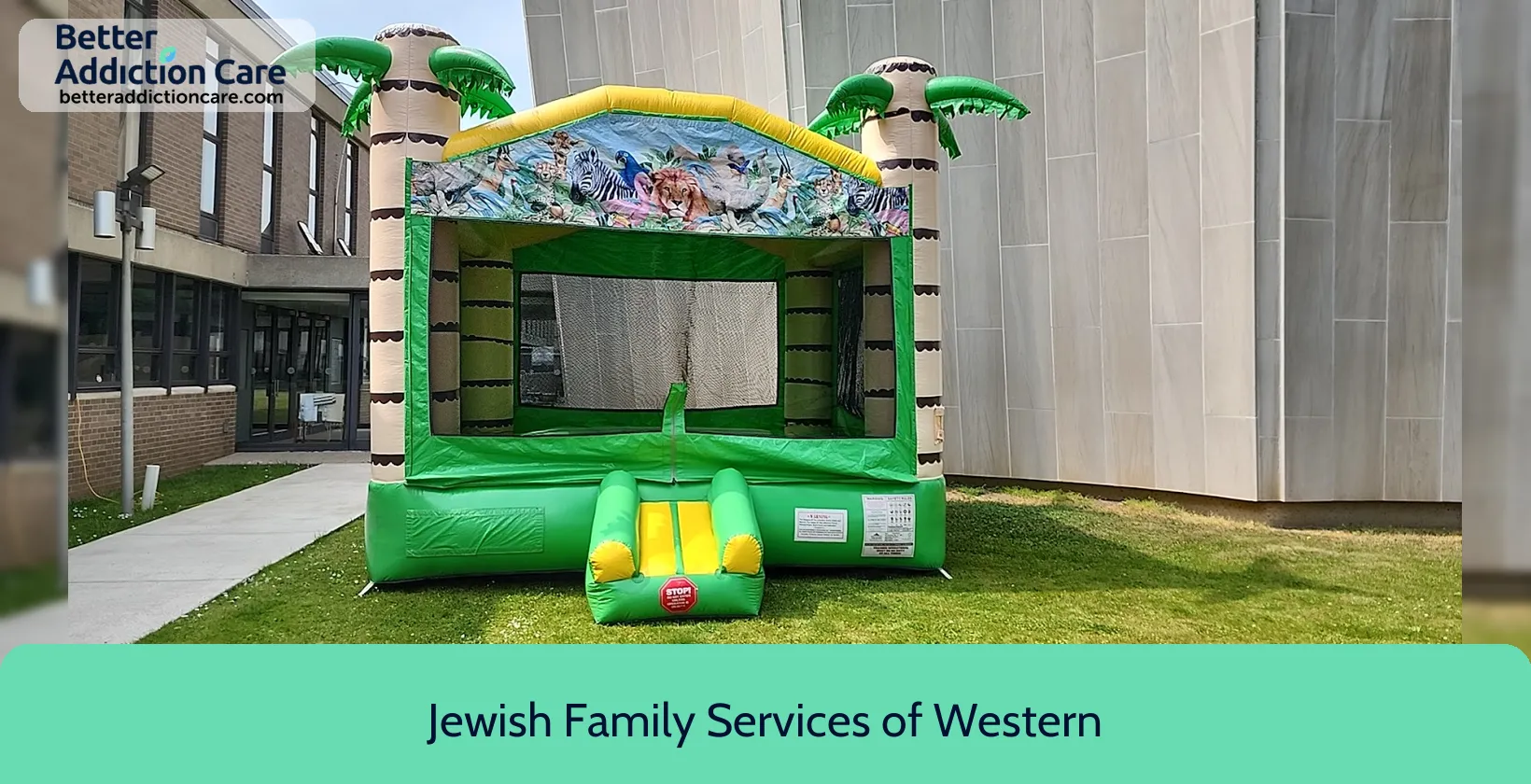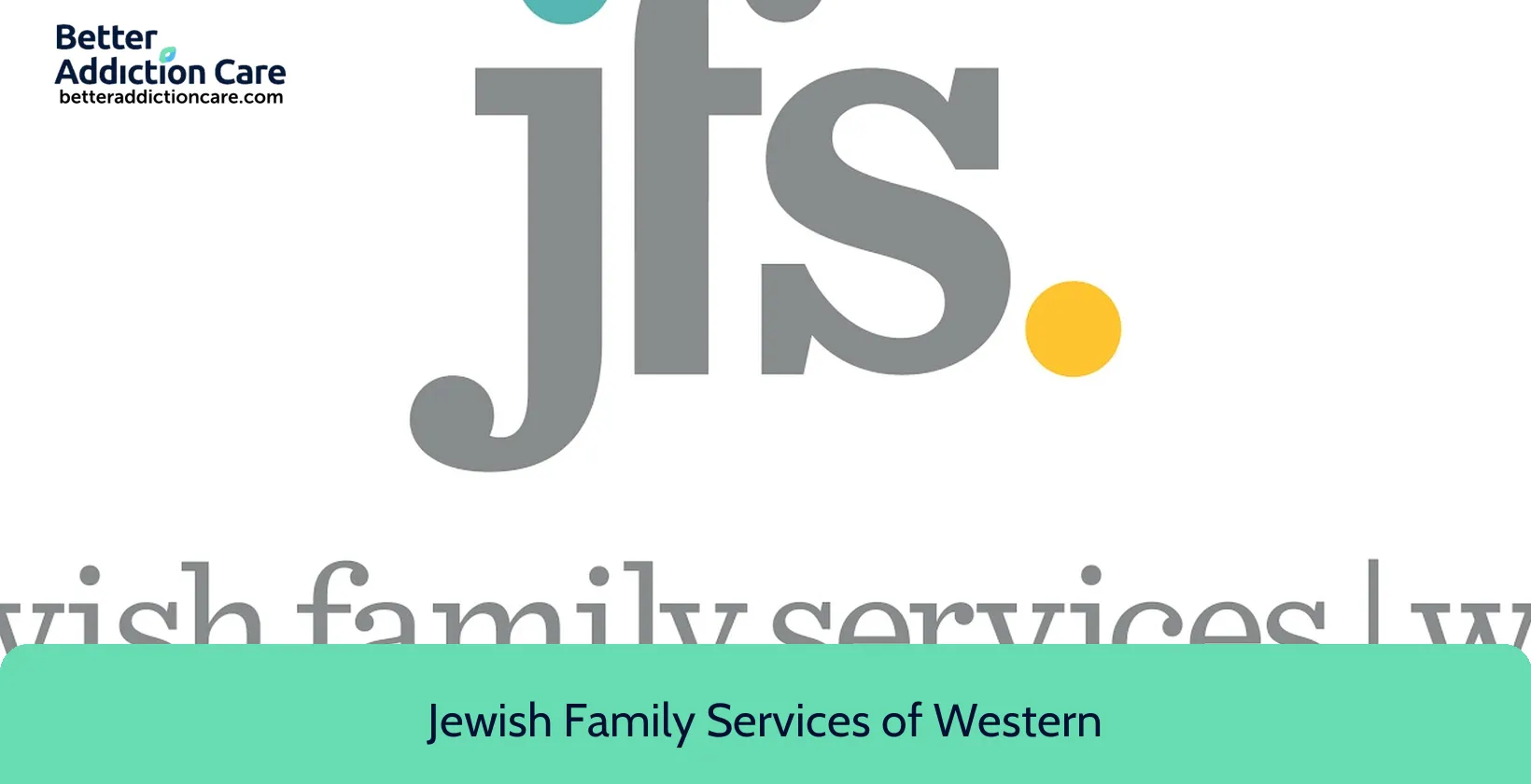Jewish Family Services of Western New York
Overview
Jewish Family Services of Western New York is a mental health treatment center for people seeking treatment near Erie County. As part of their treatment modalities for recovery, Jewish Family Services of Western New York provides couples/family therapy, cognitive behavioral therapy, and dialectical behavior therapy during treatment. Jewish Family Services of Western New York is located in Buffalo, New York, accepting cash or self-payment for treatment.
Jewish Family Services of Western New York at a Glance
Payment Options
- Cash or self-payment
- Medicaid
- Medicare
- Private health insurance
Assessments
- Screening for tobacco use
- Comprehensive mental health assessment
- Comprehensive substance use assessment
Age Groups
- Seniors or older adults
- Children/adolescents
- Young adults
- Adults
- Seniors
Ancillary Services
- Case management service
- Vocational rehabilitation services
Highlights About Jewish Family Services of Western New York
6.65/10
With an overall rating of 6.65/10, this facility has following balanced range of services. Alcohol Rehabilitation: 8.00/10, Drug Rehab and Detox: 6.00/10, Insurance and Payments: 6.00/10, Treatment Options: 6.61/10.-
Alcohol Rehabilitation 8.00
-
Treatment Options 6.61
-
Drug Rehab and Detox 6.00
-
Insurance and Payments 6.00
Treatment At Jewish Family Services of Western New York
Treatment Conditions
- Mental health treatment
- Substance use treatment
- Co-occurring Disorders
Care Levels
- Outpatient
Treatment Modalities
- Couples/family therapy
- Cognitive behavioral therapy
- Dialectical behavior therapy
- Integrated Mental and Substance Use Disorder treatment
- Telemedicine/telehealth therapy
Get Help Now
Common Questions About Jewish Family Services of Western New York
Contact Information
Other Facilities in Buffalo

7.58
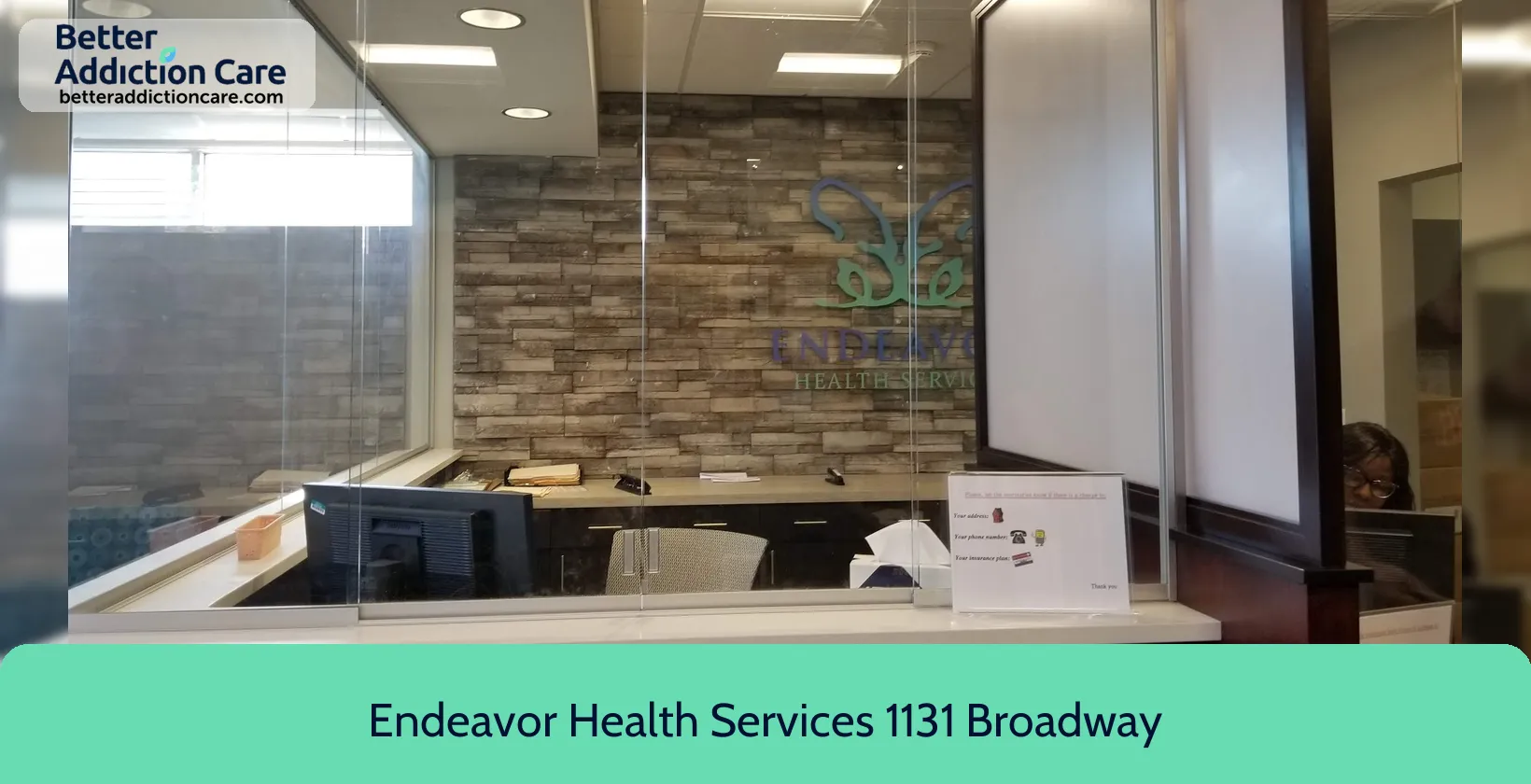
7.58
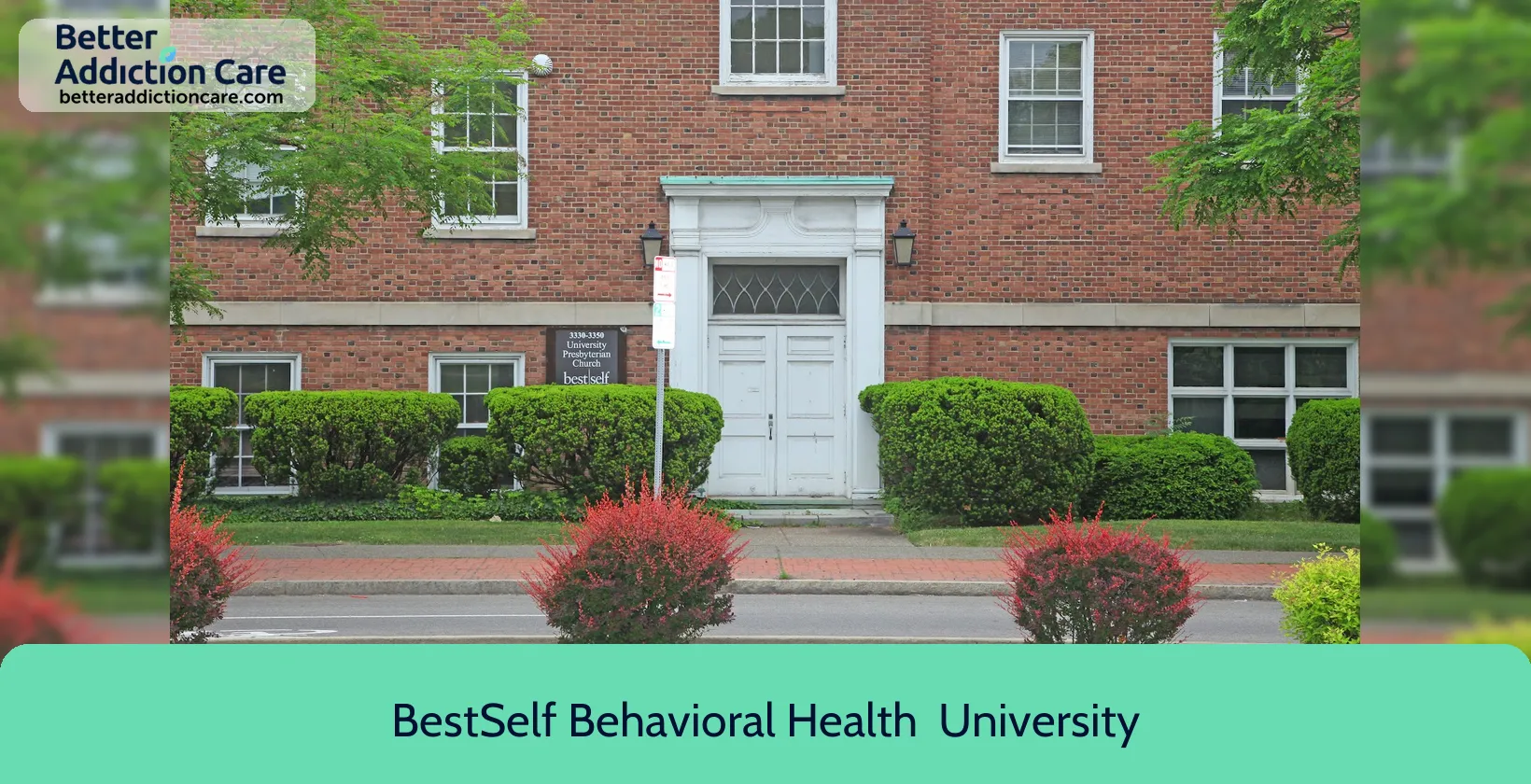
6.74
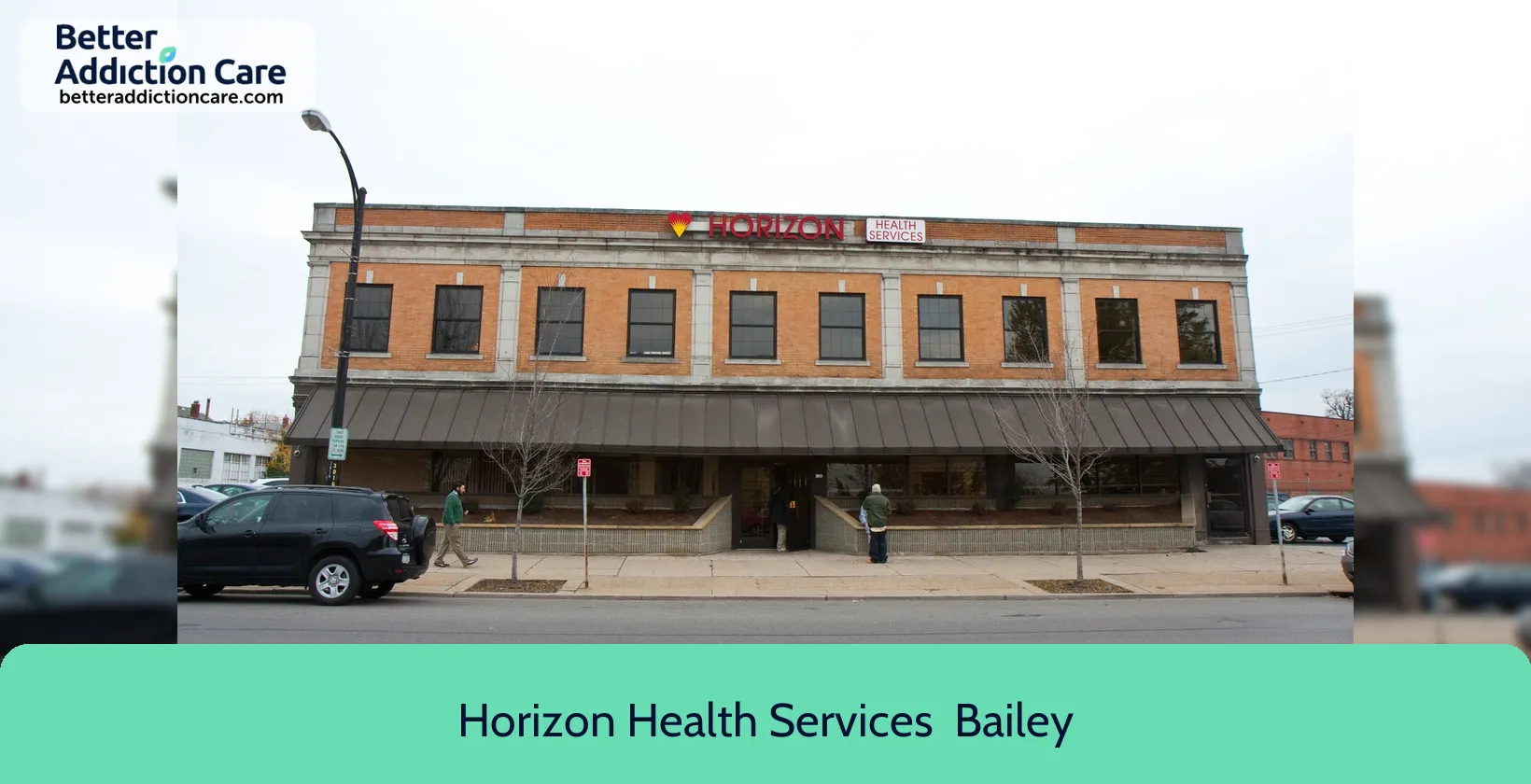
7.51
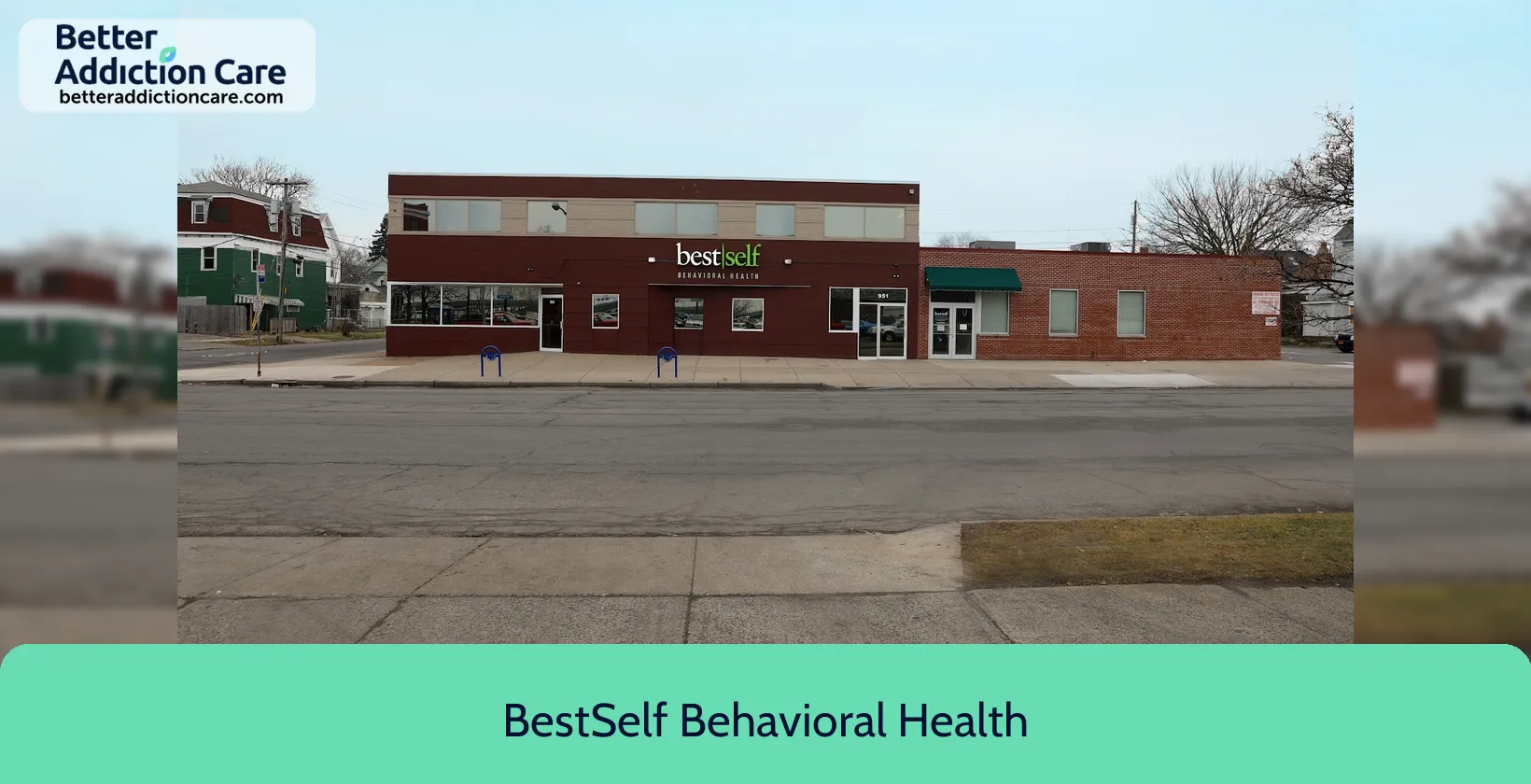
7.57

6.74
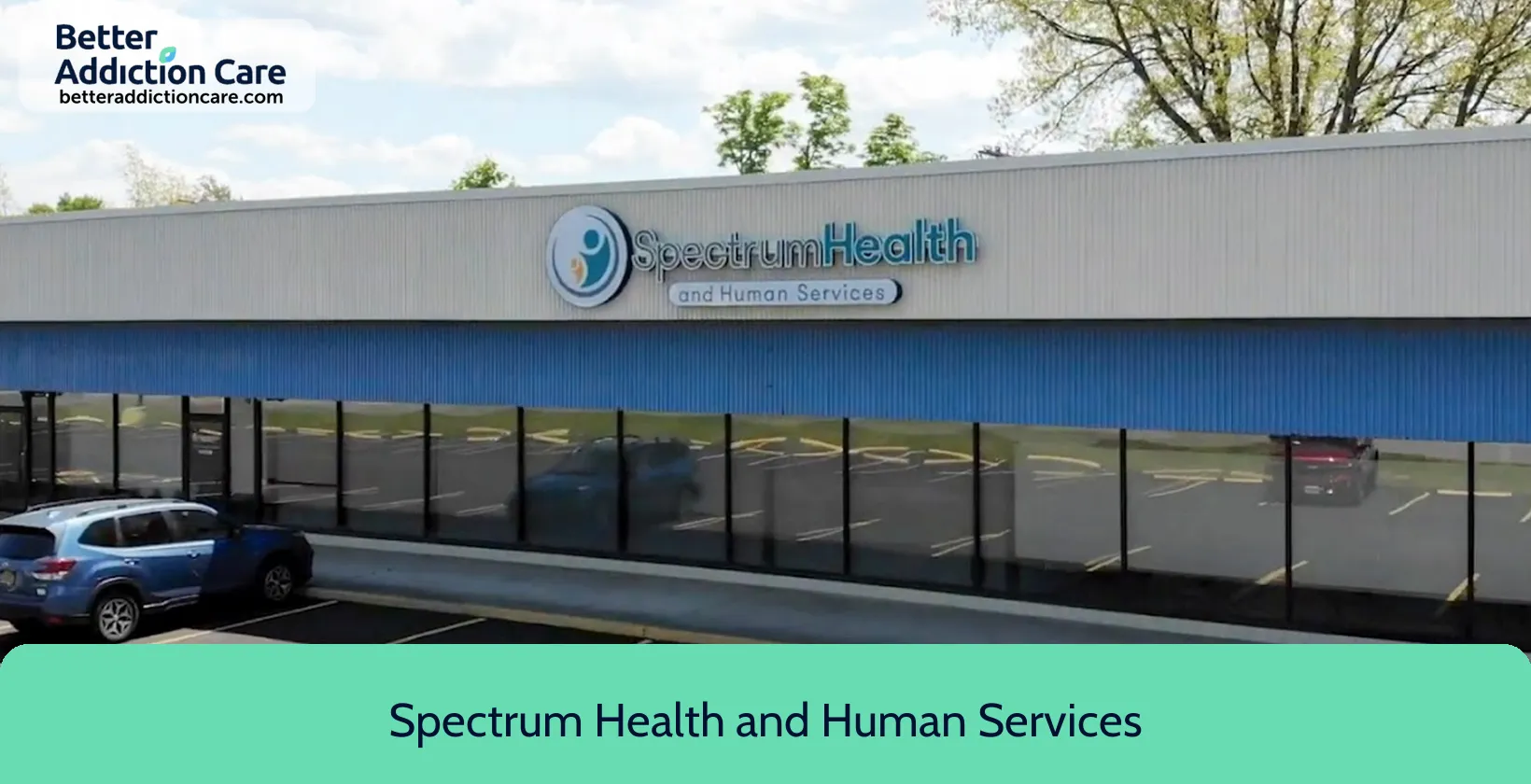
7.39
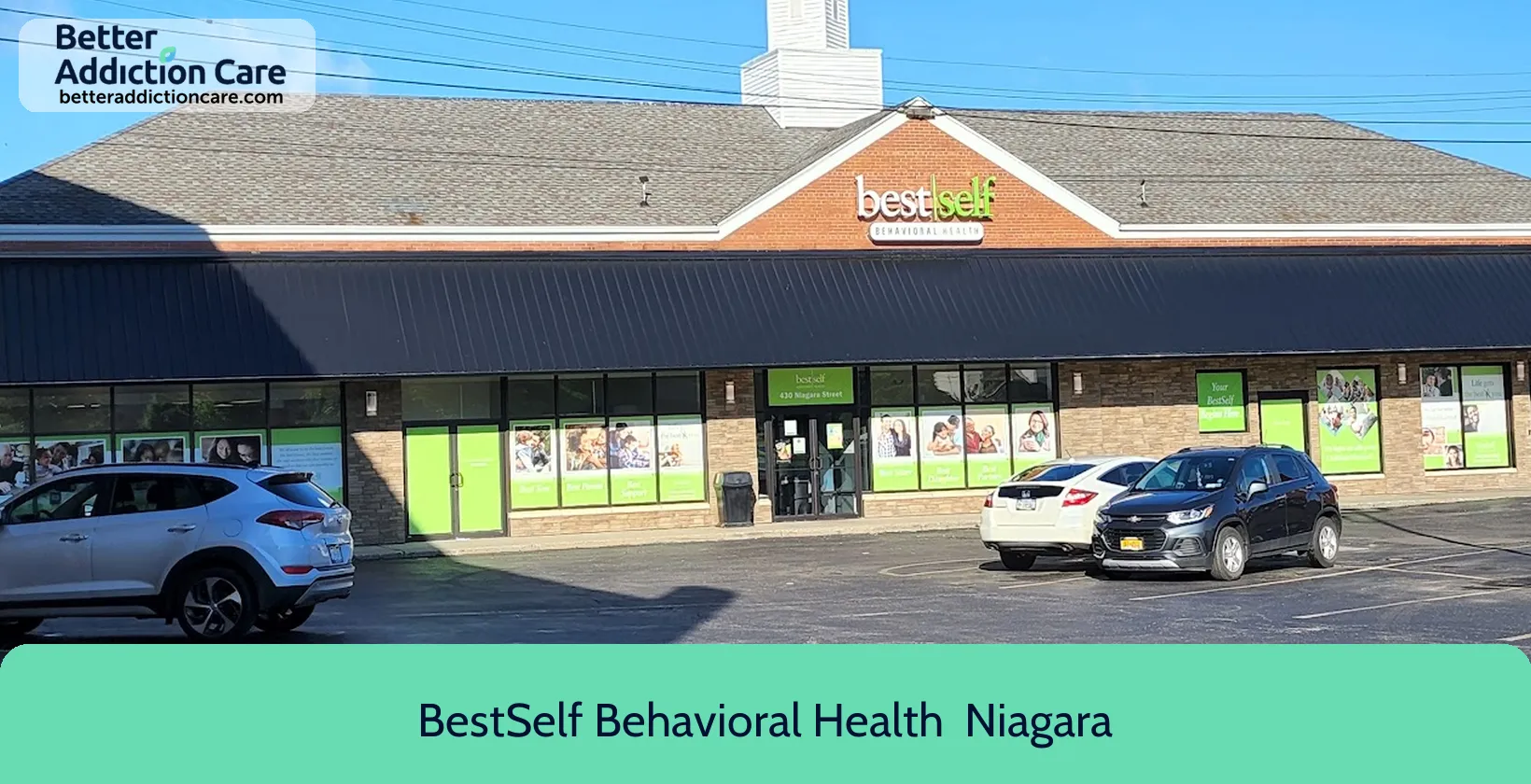
6.74
DISCLAIMER: The facility name, logo and brand are the property and registered trademarks of BestSelf Behavioral Health - Niagara Riverview, and are being used for identification and informational purposes only. Use of these names, logos and brands shall not imply endorsement. BetterAddictionCare.com is not affiliated with or sponsored by BestSelf Behavioral Health - Niagara Riverview.
